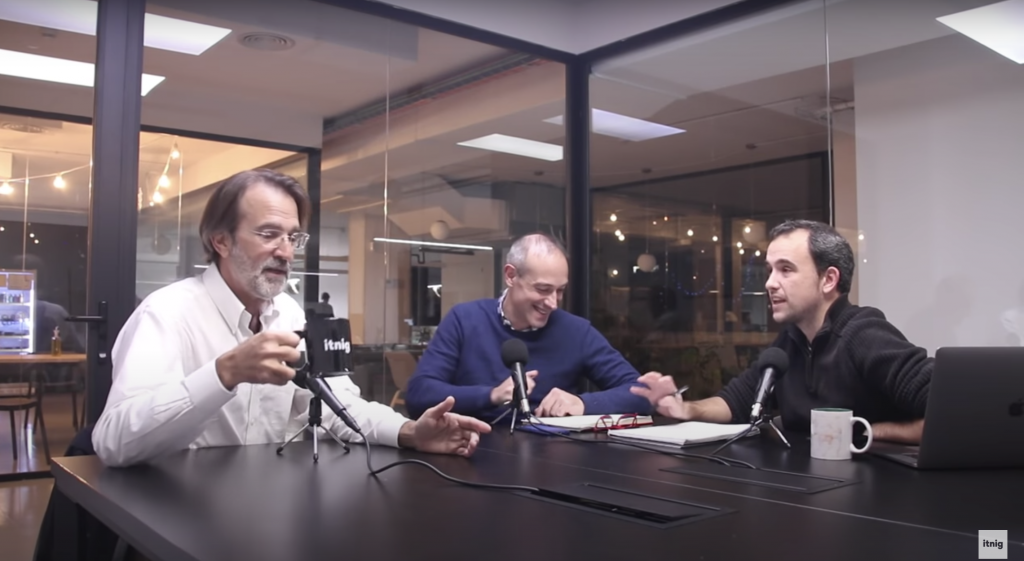How to Improve Lead Generation With These 6 SaaS Marketing Strategies
SaaS businesses need a steady lead generation to reach success. Doing that is much easier said than done, so companies keep implementing new ideas to generate more leads. The list of marketing strategies used for lead generation keeps growing every year, so there are many different things you can experiment with.
Read More
